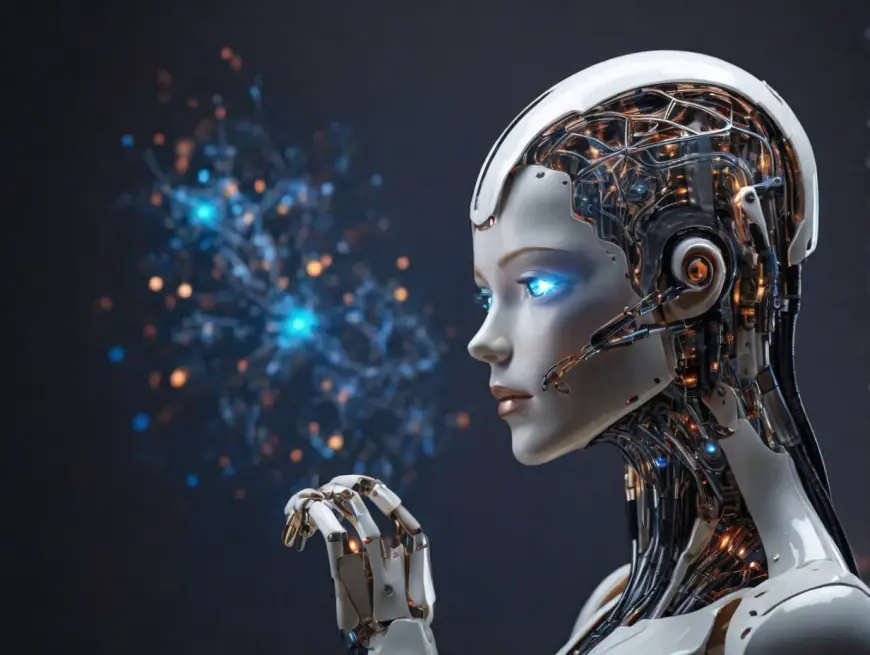AI Agents Transforming User Interactions with Artificial Intelligence
OpenAI’s latest venture into the development of AI Agents holds the promise of revolutionizing the landscape of artificial intelligence. These agents are poised to perform basic tasks on users’ devices, potentially altering the way individuals interact with AI technology. Shifting the dynamics of user-AI interaction The advent of AI Agents signifies a significant shift in […]

OpenAI’s latest venture into the development of AI Agents holds the promise of revolutionizing the landscape of artificial intelligence.
These agents are poised to perform basic tasks on users’ devices, potentially altering the way individuals interact with AI technology.
Shifting the dynamics of user-AI interaction
The advent of AI Agents signifies a significant shift in the dynamics of user-AI interaction. If successfully developed, these agents could undertake tasks traditionally executed by users, such as sending emails or booking vacations. This transition from passive tool to active assistant marks a pivotal moment in the evolution of AI technology.
Overcoming challenges in task execution
Despite the potential benefits, OpenAI faces formidable challenges in realizing the full capabilities of AI Agents. While AI excels in processing text, translating this proficiency into actionable tasks presents a distinct obstacle.
The disparity between generating text and executing tasks underscores the complexity of the undertaking.
Development of specialized AI agents
Reports indicate that OpenAI is working on the development of two distinct AI Agents tailored to different functionalities. One agent is geared towards web-based tasks, such as booking concert tickets or retrieving data from websites.
The other agent focuses on interfacing with device-installed applications, facilitating operations like data extraction from documents to spreadsheets.
Implications for the AI landscape
Should OpenAI succeed in deploying functional AI Agents, the ramifications for the AI landscape would be profound. By bridging the gap between user intent and task execution, these agents could redefine the scope of AI applications.
Their integration into daily workflows could streamline processes, enhance productivity, and foster a more seamless interaction between humans and machines.
Training AI for real-world scenarios
To equip AI Agents with the requisite capabilities, OpenAI employs a training regimen that exposes them to diverse user interactions with computing devices. This immersive approach aims to familiarize the agents with real-world scenarios, enabling them to navigate various tasks with precision and efficiency.
What's Your Reaction?









































































































